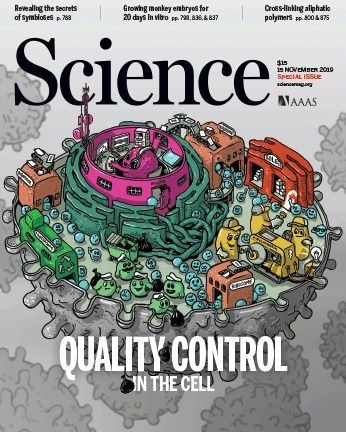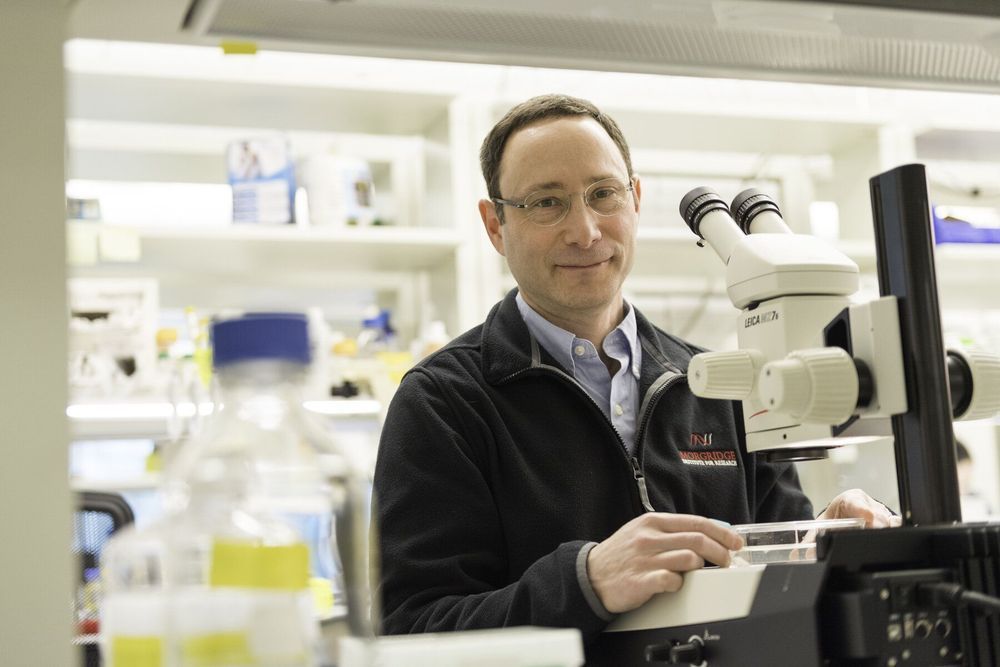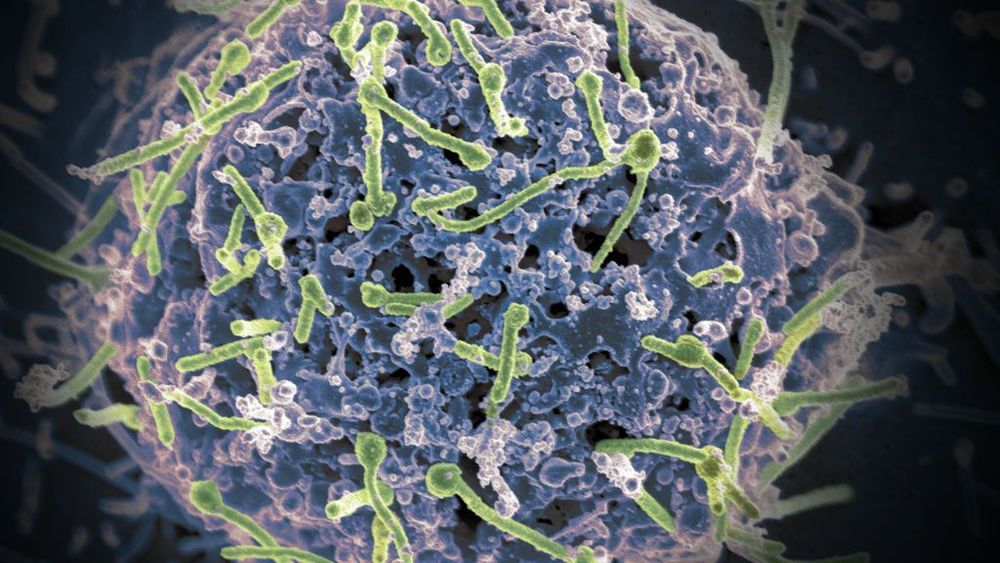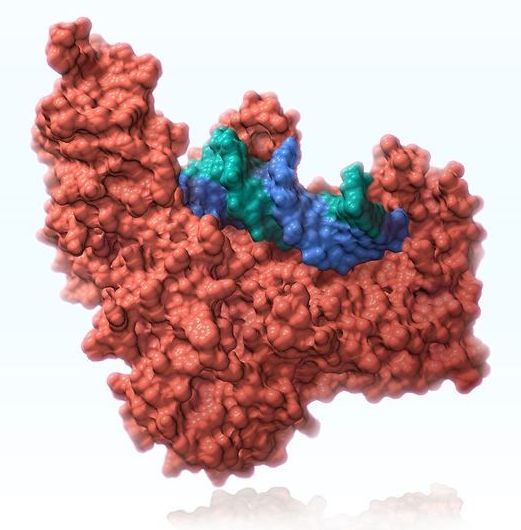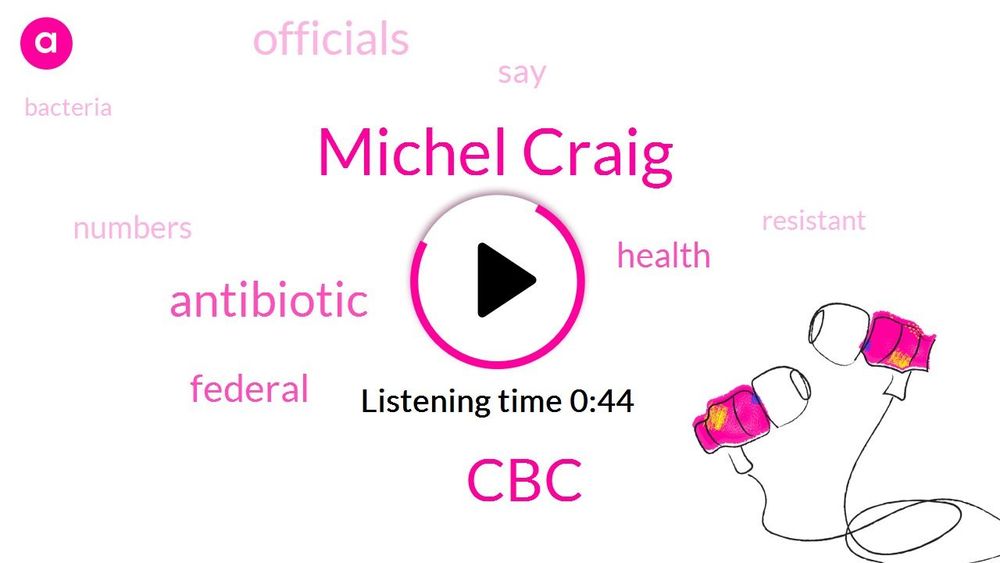North Americans spent more than $936 million on vitamin D pills in 2017, doctors ordered more than 10 million laboratory tests for vitamin D for Medicare patients at a cost of $365 million in 2016, and 25 percent of older adults take vitamin D supplements. A Kaiser Health News investigation recently reported that the man most responsible for the obsession with vitamin D pills, Boston endocrinologist Michael Holick, has been paid hundreds of thousands of dollars by supplement and drug manufacturers, the indoor-tanning industry and commercial laboratories that run blood tests for vitamin D (New York Times, August 18, 2018). Many doctors have been concerned about the recommendations for very high doses of vitamin D for a long time. In 2004, highly-respected Dr. Barbara Gilchrest, then head of Boston University’s Department of Dermatology, asked Holick to resign from the department. In 2014, the U.S. Preventive Services Task Force reported that there is not enough evidence to recommend routine vitamin D testing. In 2015, Excellus BlueCross BlueShield reported that they had spent $33 million on 641,000 vitamin D tests.
No Benefits Shown in Recent Studies • Vitamin D pills were not shown to help prevent heart attacks or cancer: A study led by a Harvard researcher, Dr. Joanne Manson, followed 25,871 men and women for a median of 5.3 years. Participants who took vitamin D3 (cholecalciferol), 2000 IU per day, had no added protection from heart diseases or cancers (NEJM, November 10, 2018).

